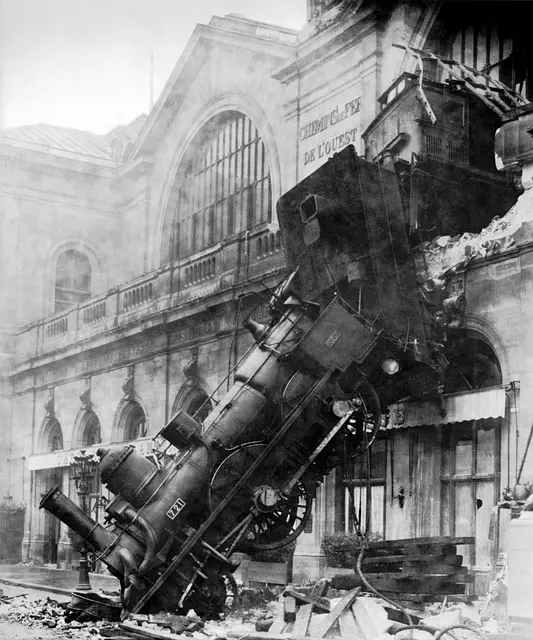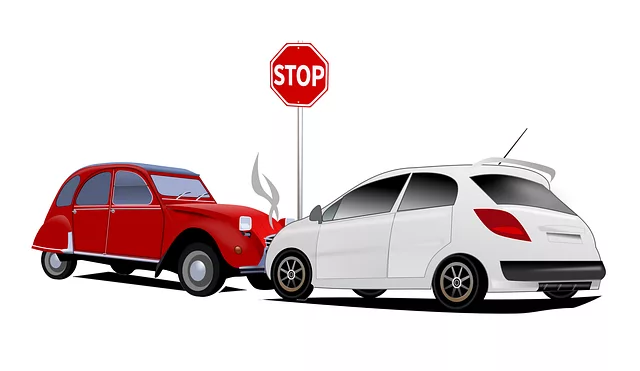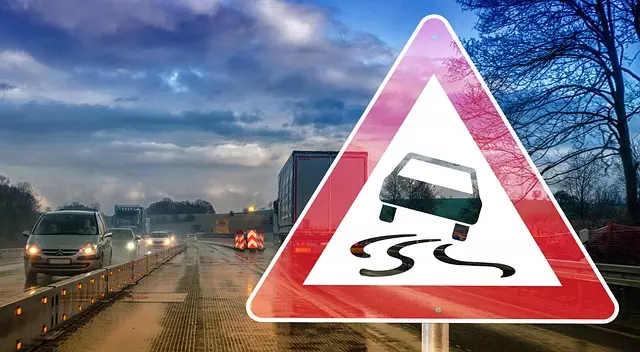Construction sites in The Bronx face strict regulations and severe penalties for DWI incidents involving heavy machinery. Employers must conduct thorough background checks, provide regular training on safety protocols including DWI penalties and fines, and ensure adherence to local and state laws. Violations, such as improper PPE use, lack of guardrails, or inadequate fall protection, result in substantial fines and potential site closures. Regular inspections, strict enforcement, and a culture of open dialogue are crucial to prevent DWI-related hazards and maintain worker safety.
Construction site safety violations in The Bronx can lead to severe DWI penalties and fines. This article delves into understanding local safety regulations, common violations resulting from alcohol and drug use, and their impact on construction sites. We explore enforcement measures, present real-life case studies, and offer preventative strategies to ensure safety and avoid legal pitfalls. Stay informed about the consequences of negligence in The Bronx.
- Understanding Construction Site Safety Regulations in The Bronx
- Common Safety Violations Leading to DWI Penalties and Fines
- The Impact of Alcohol and Drug Use on Construction Sites
- Enforcement and Penalties: What to Expect in The Bronx
- Case Studies: Real-life Examples of DWI Incidents at Construction Sites
- Preventative Measures: Ensuring Safety and Avoiding Legal Pitfalls
Understanding Construction Site Safety Regulations in The Bronx

Construction site safety regulations in The Bronx are governed by both local and state laws, with a strong emphasis on protecting workers from hazardous conditions. Violations of these rules can result in severe penalties and fines, as the New York State Department of Labor strictly enforces compliance. One critical area of focus is preventing Driving While Intoxicated (DWI) on construction sites, given the high-risk nature of heavy machinery operation. Employers are required to conduct thorough background checks and provide regular training to ensure that all personnel remain sober and safe. Fines for DWI penalties in The Bronx can range from several thousand dollars to substantial amounts, depending on the severity of the offense, making adherence to safety protocols not just advisable but mandatory. Additionally, other common violations such as improper use of personal protective equipment (PPE), lack of guardrails, and inadequate fall protection measures also carry hefty fines, underscoring the need for continuous safety oversight.
Common Safety Violations Leading to DWI Penalties and Fines

Construction sites in The Bronx, like anywhere else, are subject to strict safety regulations. Common violations often lead to significant penalties and fines. Among these, driving while impaired (DWI) is a serious offense that can have severe consequences for construction companies and site supervisors.
When workers arrive at the site under the influence of alcohol or drugs, it not only compromises their safety but also puts their colleagues at risk. DWI violations can result in hefty fines, legal fees, and even permanent licenses revocations. Moreover, these incidents often lead to lengthy investigations, temporary site closures, and damaged reputations for construction firms. Therefore, implementing robust safety measures, conducting regular alcohol and drug testing, and ensuring clear communication about the zero-tolerance policy are essential steps to prevent DWI penalties and fines in The Bronx.
The Impact of Alcohol and Drug Use on Construction Sites

Alcohol and drug use on construction sites in The Bronx poses significant risks, with potential consequences as severe as DWI penalties and fines. The presence of impairing substances not only endangers workers but also increases the likelihood of accidents, equipment malfunctions, and site disruptions. Since construction sites often involve heavy machinery and elevated heights, the impact of alcohol and drugs can be catastrophic, leading to serious injuries or even fatalities.
Moreover, employers are legally obligated to maintain a safe work environment free from substance-related hazards. Failure to do so not only puts workers at risk but can also result in substantial legal repercussions for companies operating in The Bronx. Therefore, it’s crucial for construction site managers and supervisors to implement stringent policies against alcohol and drug use, conduct regular testing, and foster a culture of safety and accountability among all employees.
Enforcement and Penalties: What to Expect in The Bronx

In The Bronx, construction site safety violations are taken seriously. Enforcement agencies conduct regular inspections and issue DWI penalties and fines for any non-compliance with safety regulations. These penalties can range from monetary fines to temporary or permanent site closures, depending on the severity of the violation. Workers and contractors must adhere to strict guidelines regarding protective equipment, hazardous material handling, and structural integrity to avoid such consequences.
For instance, DWI penalties in The Bronx for failing to provide proper safety gear or ignoring safety protocols can lead to substantial fines and legal repercussions. Additionally, repeated violations may result in the revocation of building permits or even criminal charges. Therefore, it’s crucial for all parties involved in construction projects to remain vigilant and proactive in ensuring site safety to avoid these stringent penalties.
Case Studies: Real-life Examples of DWI Incidents at Construction Sites

Construction sites in The Bronx, like any urban setting, face unique challenges when it comes to safety, particularly with incidents involving drunk and impaired workers (DWI). Case studies from across the city paint a concerning picture. In 2018, a worker at a high-rise construction site in The Bronx was found operating heavy machinery while under the influence of alcohol, leading to significant delays and hefty DWI penalties and fines. This incident highlights not only the immediate danger to workers and bystanders but also the economic impact on project timelines and budgets.
Another example emerged in 2020, where a construction site near a major thoroughfare in The Bronx had to close temporarily after a worker operating a backhoe was discovered to be intoxicated. This closure resulted in significant project setbacks and substantial financial losses for the contractor, underscoring the severe consequences of DWI incidents on construction projects. These real-life examples underscore the importance of stringent safety protocols, regular testing, and swift enforcement of DWI policies at all Bronx construction sites to ensure worker safety and project integrity.
Preventative Measures: Ensuring Safety and Avoiding Legal Pitfalls

Preventative measures are paramount in construction sites to ensure safety and avoid legal pitfalls. Regular training sessions for workers on safety protocols, including DWI penalties and fines in The Bronx, can significantly reduce accidents. Supervisors should enforce strict adherence to health and safety standards set by local authorities, such as regular inspections and immediate reporting of hazardous conditions.
Implementing clear communication channels ensures that all personnel are aware of potential risks and emergency procedures. Utilizing advanced technology, like safety apps and wearables, can also help monitor worker locations and alert authorities in case of emergencies. Moreover, fostering a culture of open dialogue where workers feel comfortable reporting unsafe practices can prevent incidents before they occur.
Construction site safety violations in The Bronx can lead to significant DWI penalties and fines, not to mention the risk of severe injuries or fatalities. By understanding and adhering to regulations, avoiding alcohol and drug use, and implementing preventative measures, construction companies can ensure a safer work environment and mitigate legal risks. Learning from real-life case studies serves as a stark reminder of the consequences, highlighting the importance of prioritizing safety at all costs.
